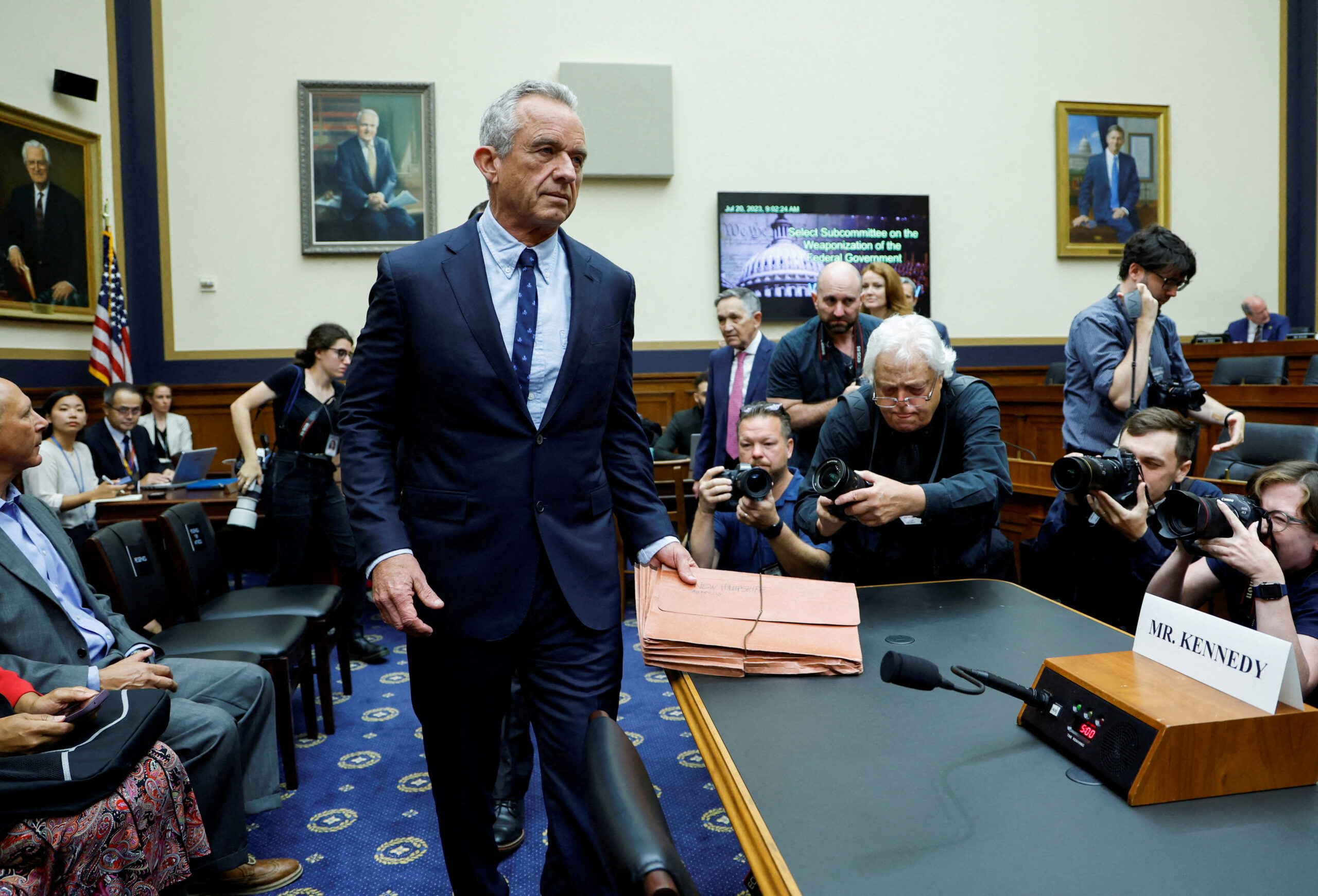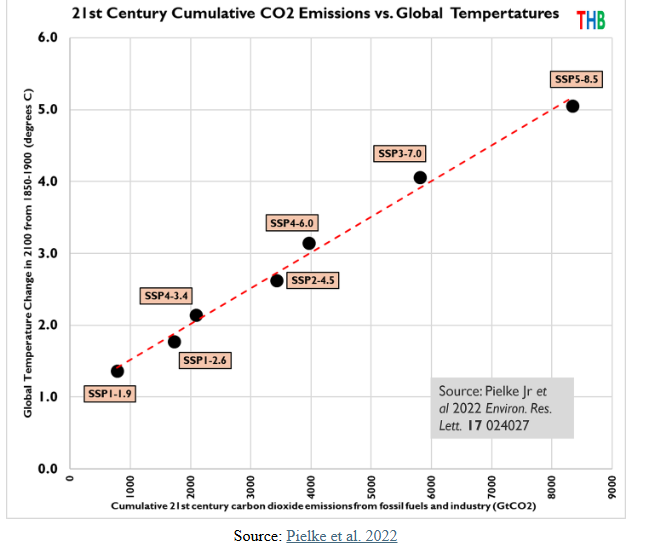Welcome to Our Research Archive
Search and filter by content type, issue area, author, and keyword

February 18, 2025
The Dilemmas of Democracy
In his classic 1960 book, The Semisovereign People, political scientist E.E. Schattschneider identified a dilemma of democracy: All of us are ignorant about most things, making each of us unsuitable to govern — yet we also have a belief that everyone should be allowed to participate in governance, with our political leaders chosen from among the…

February 12, 2025
The North American Fire Deficit
An important new paper published this week in Nature Communications looks at the historical record of fire in North America — A fire deficit persists across diverse North American forests despite recent increases in area burned. Parks et al. find that large fires of recent decades in North America are not unprecedented: Our study of 1851 tree-ring fire-scar…

February 10, 2025
The Deeper Question Raised by the NIH Grant Overhaul
Last week, in a classic Friday evening news dump, the Trump administration set off one of those frantic controversies that seem to be our fate for the next few years. A tweet from the official X account of the National Institutes of Health declared: The tweet was backed up by a more formal memo justifying the new policy on…

January 29, 2025
Questions Kennedy Must Answer, According to Experts
Ahead of Robert F. Kennedy Jr.’s confirmation hearings, New York Times Opinion invited experts and leaders across disciplines and ideologies to share questions they believe Mr. Kennedy must answer before serving in a role that oversees a $1.7 trillion budget and wields enormous influence over drug approvals, public health and the nation’s research agenda. M….

January 27, 2025
The Most Major Hurricanes Ever
Last year the world experienced the most major hurricane landfalls since records are available, tying only 2015, with 11 storms. Does last year indicate that we have reached a new climate-fueled normal? Let’s have a look. More than a decade ago, Jessica Weinkle, Ryan Maue, and I published the first long-period global hurricane landfall dataset using a consistent methodology….
December 23, 2024
Fixing Universities
In my courses on policy analysis I teach my students to focus on problem definition before even thinking about policy options. The problem facing major American research universities, as characterized in this series, is that large segments of the public has lost confidence in them, at least in part because faculty are overwhelmingly on the…

December 16, 2024
How to Get Rid of a Tenured Professor
I am the answer to a trivia question. Who is the only person to appear in the leaked 2009 Climategate emails and in the 2016 Hillary Clinton Wikileaks emails? That’d be me. At the time, in both cases the leaks revealed efforts to censor my research and damage my career. In both cases I thought…

November 25, 2024
Politicization of the American University
Roger Federer spent 24 years as a professional tennis player. Roger Clemens played 24 years in the major leagues. And at the end of next month, I’ll leave my position as tenured, full professor the University of Colorado Boulder after 24 years on the faculty.1 Roger that! Leaving the faculty has motivated me to try to make sense of the…

November 19, 2024
In Support of Science Policy: My Long-Read Q&A with Tony Mills
The US government has acted as major contributor to science research since the mid-20th century, both in terms of broad basic research and targeted projects. As industrial policy has gained traction, especially during the Biden Administration, the distinction between industrial and science policy has become increasingly obscure. Hybrid policies like the CHIPS and Science Act have spurred…

October 28, 2024
Take the Under
In the Financial Times over the weekend, John Burn-Murdoch discussed how projections of global population keep decreasing: Burn-Murdoch concludes: [T]hese estimates are extremely fuzzy and based on frameworks that were true in the past but may not be today. Use them with caution, and probably err on the low side. Given how important population projections are for climate…